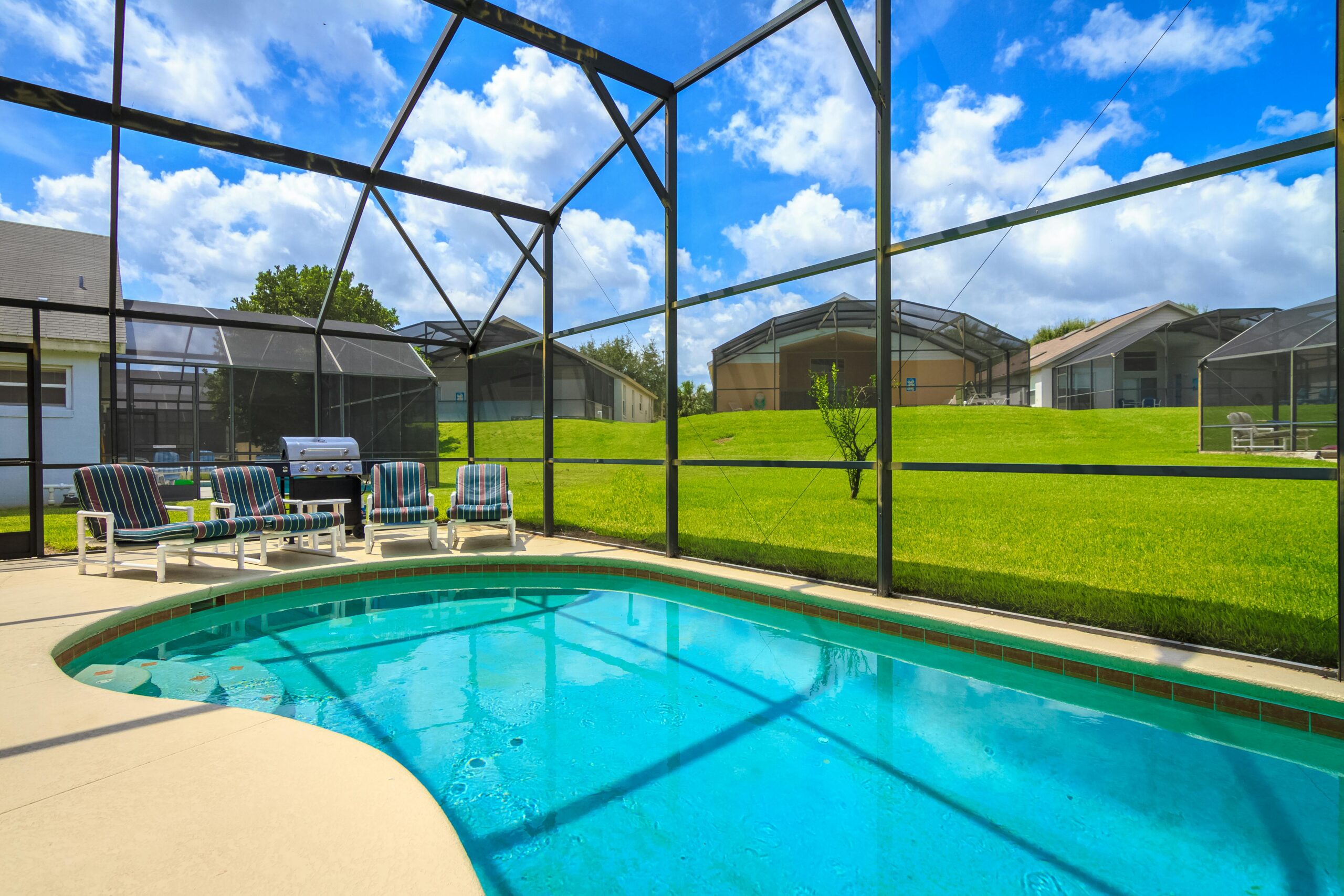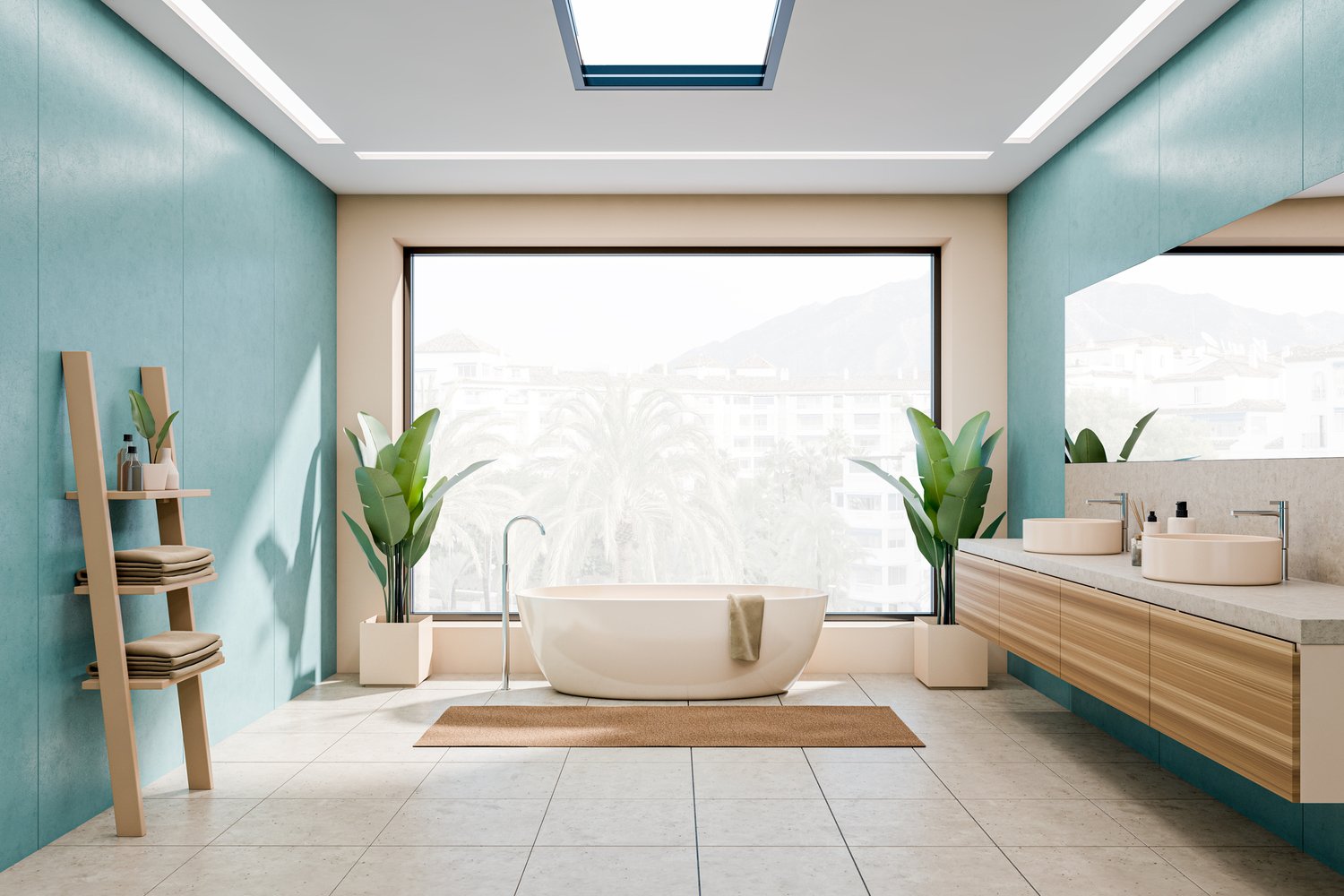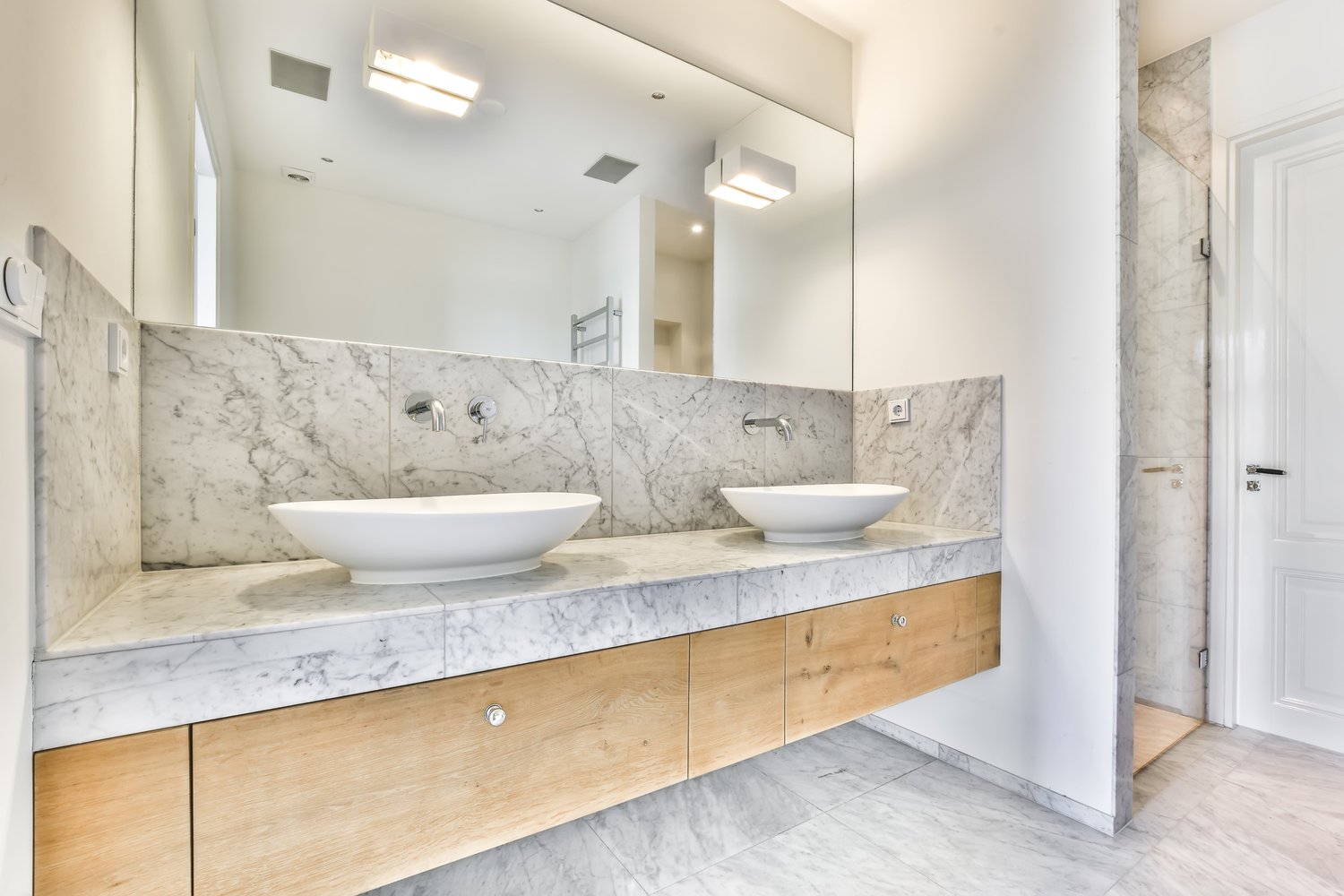A pool enclosure is an investment that should provide years of enjoyment while protecting your swimming area from debris, insects, and unwanted visitors. Selecting the right pool enclosure materials significantly impacts the structure’s longevity, appearance, and maintenance requirements. From robust aluminum pool frames to quality screen materials and reliable fasteners, each component plays a vital role in creating a durable screen enclosure that withstands environmental challenges. This article explores your options for building a pool enclosure that combines strength, aesthetic appeal, and long-term performance.
Understanding Pool Enclosure Framing Options
The frame forms the backbone of any pool enclosure, providing structural integrity and defining its overall appearance. Aluminum has emerged as the industry standard for pool enclosure materials due to its exceptional combination of strength and lightweight properties. A well-designed aluminum pool frame offers outstanding durability without the maintenance concerns associated with other materials. Unlike steel, aluminum naturally resists corrosion, making it ideal for humid pool environments where exposure to water and chemicals is constant.
When selecting aluminum framing, pay attention to the grade and thickness. Extruded aluminum with a minimum thickness of 0.062 inches provides superior strength for residential applications. Professional installers often recommend 6063-T6 aluminum alloy for its excellent combination of structural integrity and corrosion resistance. The extrusion process allows manufacturers to create complex shapes that enhance both the frame’s strength and aesthetic appeal, giving your pool enclosure a clean, modern look that complements your outdoor living space.
Selecting Quality Screen Materials
The screening material is perhaps the most visible component of your pool enclosure and serves multiple crucial functions. Quality screen material not only keeps insects and debris out but also provides varying levels of privacy, UV protection, and visibility. Fiberglass mesh screens have traditionally been popular, but newer polyester and vinyl-coated polyester options offer enhanced durability for challenging environments.
Standard fiberglass screening provides good visibility and airflow but may be susceptible to stretching and damage over time. For a more durable screen enclosure, consider pet-resistant or “no-see-um” screens that use tighter weaves and stronger materials. These specialized screens can withstand impacts from pets, children, and garden equipment that might damage standard screens. Some homeowners in coastal areas opt for specialty screens designed to resist salt corrosion, an important consideration if your property is near the ocean.
Fasteners and Hardware: The Unsung Heroes
While often overlooked, the fasteners and hardware used in pool enclosures play a critical role in the structure’s longevity. Stainless steel screws, bolts, and connectors resist corrosion and maintain structural integrity even in humid environments. For coastal installations, marine-grade stainless steel (316 grade) offers superior protection against salt-induced corrosion compared to standard stainless steel (304 grade).
Beyond material selection, the design and quantity of fasteners significantly impact enclosure durability. Quality enclosures utilize properly sized and spaced fasteners that secure components without causing stress points. As recommended by AskHomey, consulting with experienced contractors ensures your pool enclosure incorporates appropriate hardware systems designed for your specific climate conditions and structural requirements.
Weather-Resistant Design Features
The most durable pool enclosure materials may still fail if the overall design doesn’t account for local weather conditions. In regions with high winds or heavy snow loads, reinforced aluminum trusses and additional support posts may be necessary. Hurricane-prone areas benefit from impact-resistant screen panels that can be quickly removed before storms and specialized track systems that secure the structure to your home’s foundation.
Water management represents another critical design consideration. Quality enclosures incorporate integrated gutters and downspouts that channel rainwater away from the structure and foundation. These features prevent water accumulation that could otherwise damage your pool deck or home’s foundation while extending the life of your pool enclosure materials.
Aesthetic Considerations for Pool Enclosures
While durability remains paramount, modern pool enclosures also offer impressive aesthetic options. Today’s aluminum pool frames come in various colors through powder coating processes that provide both decorative appeal and additional protection. White and bronze remain popular choices that complement most architectural styles, but custom colors allow homeowners to match existing elements of their landscape or home exterior.
The profile thickness and design of framing members also influence the enclosure’s appearance. Sleeker, more minimal profiles create a contemporary look, while more substantial framing conveys a sense of permanence and solidity. The screen material itself affects aesthetics too – darker screens enhance outward visibility while reducing glare, whereas lighter screens maximize light transmission but may show dirt more readily.
Maintenance Requirements
Even the most durable screen enclosure requires some maintenance to maximize its lifespan. Quality aluminum frames typically need only occasional cleaning with mild soap and water to maintain their appearance. Screen materials benefit from gentle brushing to remove accumulated pollen and dust, while periodic inspection can identify minor issues before they require costly repairs. By selecting premium pool enclosure materials initially, you’ll minimize maintenance requirements and extend the structure’s useful life.
For more tips and to connect with reliable home service professionals, follow AskHomey on Facebook and Instagram.



